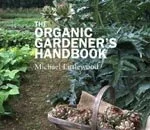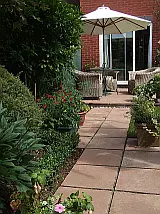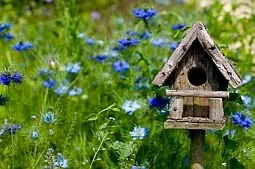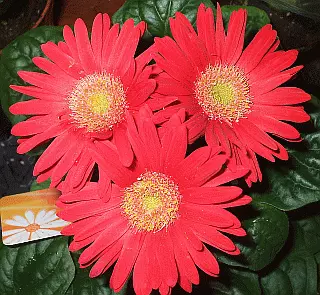 Michael Littlewood’s book shows what is a fairly complex method of gardening, in a straight-forward and easy to follow order.
Michael Littlewood’s book shows what is a fairly complex method of gardening, in a straight-forward and easy to follow order.
Littlewood’s knowledge of this subject is inspiring. He starts with the foundations of gardening, from the climate, the soil, the composting, to the harvesting of the crops. His highly detailed growing and planning charts, beautifully illustrated, are simple to follow showing how to sow and yeild at the right time. This is enhanced by using planning rotation charts, and vegetable growing guides charted on a simple month by month basis.
Littlewood’s knowledge of this subject is inspiring. He starts with the foundations of gardening, from the climate, the soil, the composting, to the harvesting of the crops. His highly detailed growing and planning charts, beautifully illustrated, are simple to follow showing how to sow and yeild at the right time. This is enhanced by using planning rotation charts, and vegetable growing guides charted on a simple month by month basis.









